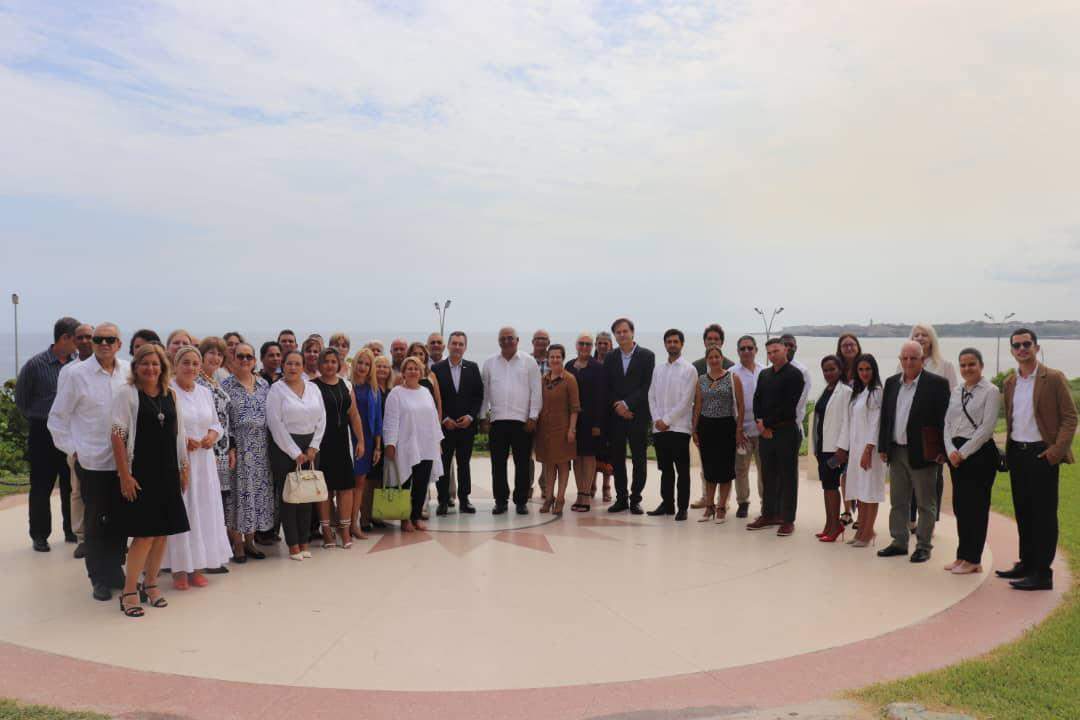Cuba has officially launched its new National Drug Observatory, a milestone initiative promoted by the Cuban Ministry of Justice and the National Drug Commission. The observatory was made possible with the technical support of the COPOLAD III programme, funded by the European Union.
“The observatory inaugurated today in Cuba aligns perfectly with the EU’s drug strategy: without data, there is no policy,”
highlighted Pablo Benítez, Head of Policy, Press and Information at the EU Delegation to Cuba. He emphasised that this new tool will not only benefit the Caribbean country but also strengthen the regional information infrastructure on drug-related issues.
The observatory will coordinate the collection, systematisation and analysis of key indicators for monitoring and evaluating drug policies. It will also enhance knowledge on the various aspects of the issue through Cuba’s national research network, implement an early warning system, and boost technical cooperation with other countries. All of this will be carried out through an inter-institutional approach, grounded in human rights, public health, and citizen security.
For over 12 years, COPOLAD III – led by the Foundation for the Internationalisation of Public Administrations (FIAP) – has supported and strengthened drug observatories across Latin America and the Caribbean, while promoting the development of early warning systems. In this latest phase, the programme has focused on supporting research strategies, establishing scientific committees, and mapping key stakeholders who contribute to evidence-based responses to drugs.
Francisco Tierraseca, Director of FIAP, described the process as an “institutional transformation” that provides Cuba with a technical and specialised tool to anticipate trends, design effective public policies, and share good practices across the region.
“This is not about transferring models, but about building solutions rooted in respect for local experience,” he stated.
Similarly, Borja Díaz Rivillas, Director of COPOLAD III, noted that the collaboration with Cuba reflects the programme’s spirit of horizontal cooperation:
“Co-designing useful tools based on mutual respect, dialogue and shared knowledge.”
He also praised the quality of Cuba’s process and its potential to engage with European networks, such as REITOX – the EU’s system linking national drug information systems – to reinforce collective intelligence in the face of a global phenomenon.
The event also announced upcoming initiatives, including technical internships, applied research projects, and Cuba’s participation in the Latin America and Caribbean Observatory Meeting in Mexico this September, aimed at peer learning and exchange.
With the participation of over a dozen Cuban institutions — including Public Health, Interior, Education, the Prosecutor’s Office, Customs, and the pharmaceutical industry — the National Drug Observatory marks a strategic step in building sustainable, evidence-based public policy. It strengthens both Cuba’s internal capabilities and its international engagement.






